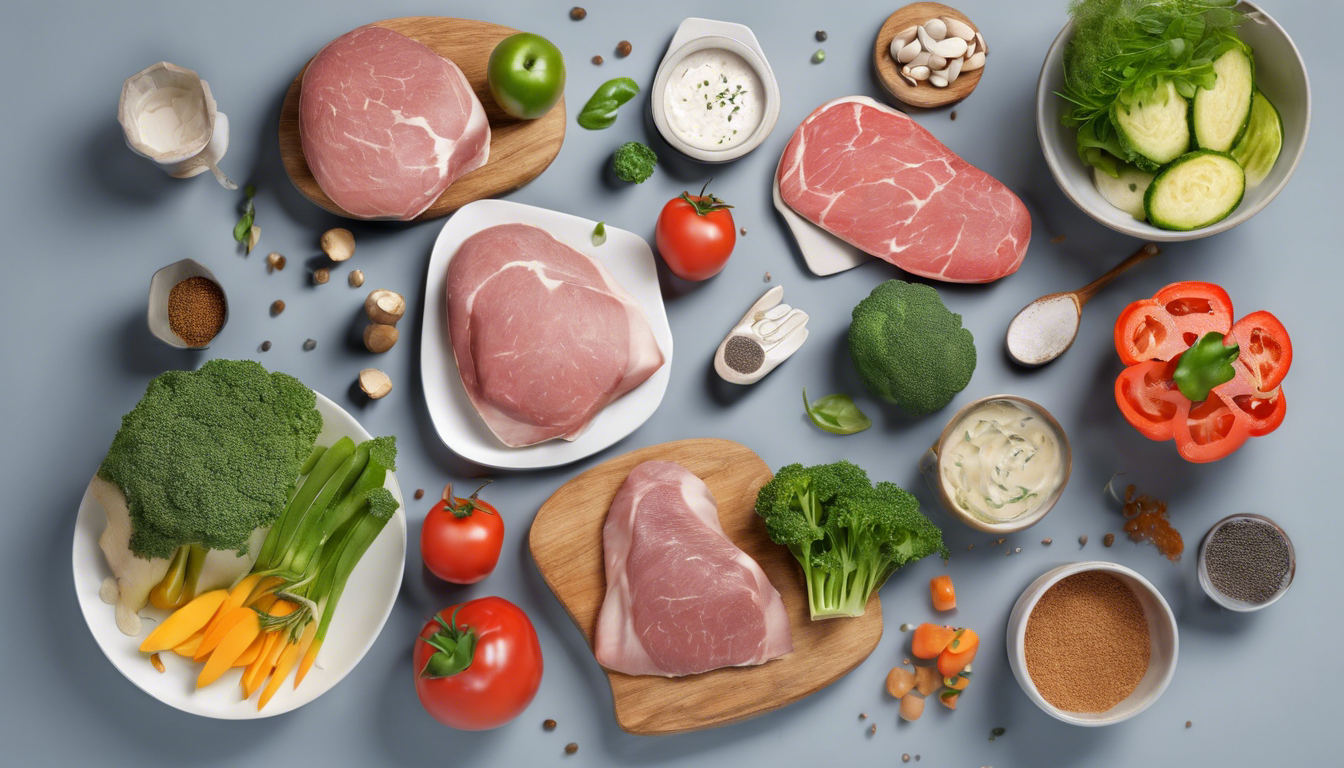
Keto Mastery: Keto Meal Planning for Vegetarians: A Practical Guide
Understanding the Ketogenic Diet
The ketogenic diet, or keto diet, is a low-carb, high-fat diet that has gained popularity in recent years for its potential health benefits and effectiveness in weight loss. The primary goal of this diet is to achieve a state of ketosis, where your body shifts from using glucose as its main energy source to burning stored fats for fuel.
Is Keto Suitable for Vegetarians?
Although the ketogenic diet is typically associated with consuming high amounts of animal-based proteins and fats, it is possible for vegetarians to follow a keto diet with a few modifications. By focusing on plant-based sources of fats and proteins, vegetarians can adapt the basic principles of the keto diet to suit their dietary preferences.
Getting Started: Essential Foods for Vegetarian Keto
To successfully follow a vegetarian keto diet, it’s important to incorporate the following key food groups into your meal planning:
- Low-Carb Vegetables: These include leafy greens, zucchini, cauliflower, broccoli, and bell peppers, which provide essential vitamins, minerals, and fiber.
- Healthy Fats: Avocado, coconut oil, olive oil, nuts, and seeds are excellent sources of healthy fats that help you stay in ketosis.
- Protein Sources: Eggs, cheese, tofu, tempeh, and plant-based protein powders are valuable protein sources for vegetarians on the keto diet.
- Dairy Products: Full-fat dairy products like cheese and yogurt can be included in moderation as they are low in carbs and high in fats.
Meal Planning Tips for Vegetarian Keto
Planning and preparing meals in advance can greatly assist vegetarians on the keto diet. Here are some practical tips to guide your meal planning endeavors:
- Plan Your Meals: Create a weekly meal plan that incorporates a variety of vegetables, fats, and proteins to ensure a well-rounded and satisfying diet.
- Batch Cooking: Cook larger portions of vegetarian keto-friendly recipes and store them in separate containers for quick and easy meals throughout the week.
- Snack Smart: Keep low-carb, vegetarian-friendly snacks such as nuts, seeds, and cheese on hand to curb cravings and keep you satiated between meals.
- Stay Hydrated: Drink plenty of water throughout the day to support your body’s natural detoxification processes and maintain optimal hydration.
Overcoming Challenges in Vegetarian Keto
Although the vegetarian keto diet offers a high number of benefits, there may be some challenges along the way. Here are a few common obstacles and how to overcome them:
Eating Enough Protein: As a vegetarian, it may require extra attention to ensure you are meeting your protein needs. Incorporate protein-rich foods like tofu, tempeh, eggs, and vegetarian protein powders into your meals and snacks.
Getting Sufficient Micronutrients: Pay attention to getting enough essential vitamins and minerals through a balanced intake of low-carb vegetables and consider supplements if necessary.
Managing Social Situations: Attending social events or eating out may seem challenging, but there are always vegetarian keto-friendly options available. Research menus in advance, communicate your dietary preferences, and adapt where needed.
The vegetarian keto diet is a viable option for those seeking the benefits of a ketogenic lifestyle while adhering to their vegetarian principles. By selecting the right foods, planning meals ahead, and addressing potential challenges, you can successfully embark on a vegetarian keto journey. Remember to consult with a healthcare professional or registered dietitian before making any significant dietary changes.